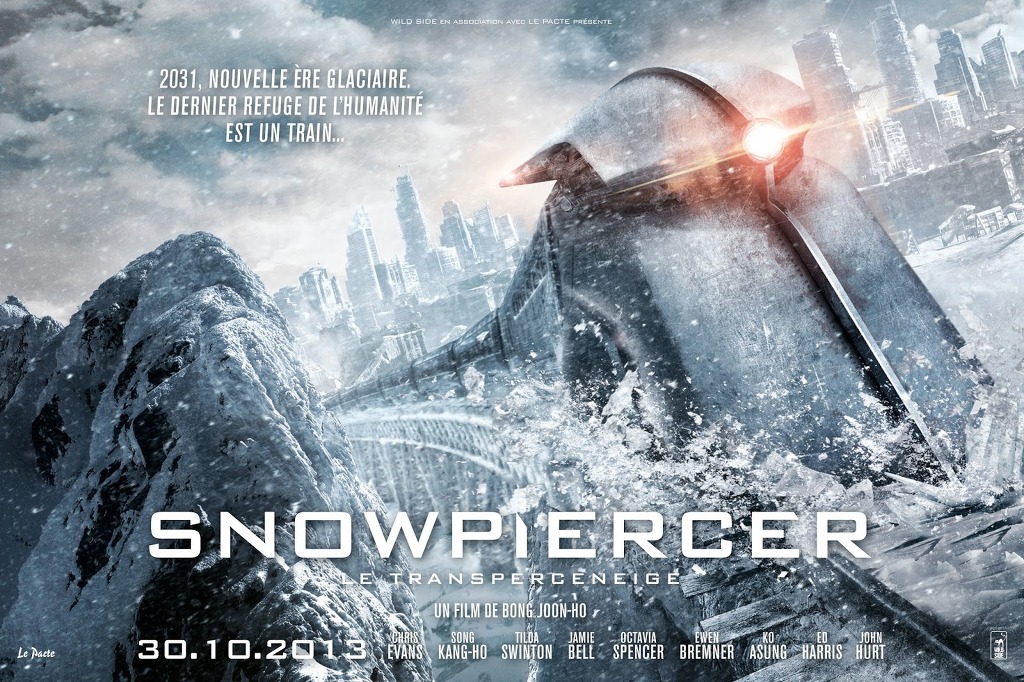
Understanding the Philosophies of Snowpiercer Survival, Morality, and Sacrifice
In the realm of speculative fiction, few works probe the depths of human nature and societal structure quite as profoundly as "Snowpiercer." This acclaimed film and television series encapsulate not just a thrilling narrative of survival but also a complex examination of morality and sacrifice in extreme circumstances. At its core, "Snowpiercer" is set in a world where the remnants of humanity reside on a giant, perpetually moving train, offering commentary on class division, social welfare, and the ethical dilemmas faced in a collapsing environment.
The Framework of Survival
At the heart of "Snowpiercer" lies the idea of survival in a post-apocalyptic world. The train itself serves as a microcosm of society, where the rich enjoy lavish comforts at the front while the impoverished languish in squalor at the rear. This stark division prompts viewers to question the lengths to which individuals will go to ensure their survival. As resources dwindle, the struggle for power intensifies, leading to brutal conflicts that force characters to make morally dubious decisions. The show invites us to consider whether survival is a right or a privilege, sparking discussions on social justice and equity.
Morality in a Constrained Environment
"Snowpiercer" brilliantly explores the nuances of morality when choices become limited. The characters are faced with life-altering decisions that pit their personal ethics against the needs of the many. For instance, the character of Curtis embodies the internal struggle between empathy and survival instinct, highlighting the complex human condition. As the narrative unfolds, it challenges viewers to reflect on their moral compass and consider what sacrifices they would make in such dire situations. This philosophical inquiry delves deep into the essence of what it means to be human and the messy reality of ethical dilemmas.
The Theme of Sacrifice
Sacrifice emerges as a central theme in "Snowpiercer," serving as both a burden and a necessity for the characters. The film and series depict various forms of sacrifice—whether it's the physical sacrifice of one's life for the greater good, emotional sacrifices in the name of love, or the abandonment of personal morals for survival. These instances force audiences to confront the weight of sacrifice and the profound impact it can have on both individuals and communities. Characters like Wilford embody the darker side of sacrifice, illustrating how the pursuit of power can lead to moral degradation, ultimately prompting viewers to ponder whether the end justifies the means.
Consumerism and Connection to the Official Store
The societal critiques presented in "Snowpiercer" extend beyond the train itself, resonating with real-world issues. In this regard, the "Snowpiercer Official store" becomes an interesting focal point for discussion. It not only serves as a means for fans to connect with the series but also reflects the commodification of culture in a way that resonates with the themes of class disparity and the human experience. By offering merchandise that symbolizes characters and quotes from the series, the store fosters a sense of community among viewers who similarly grapple with the ideologies presented. The memorabilia can serve as a reminder of the show’s deeper philosophies, helping to keep the conversation alive about survival, morality, and sacrifice long after the credits roll.
Ultimately, "Snowpiercer" is not just a narrative of survival; it is a rich tapestry of philosophical inquiry into what it means to live ethically in the face of adversity. As audiences engage with its themes, they are invited to reflect on their own lives and the societal structures that shape their values. Whether through gripping storytelling or engaging merchandise available at the "Snowpiercer Official Store," the series continues to inspire debate and introspection, making an indelible mark on the landscape of modern speculative fiction.
.png)